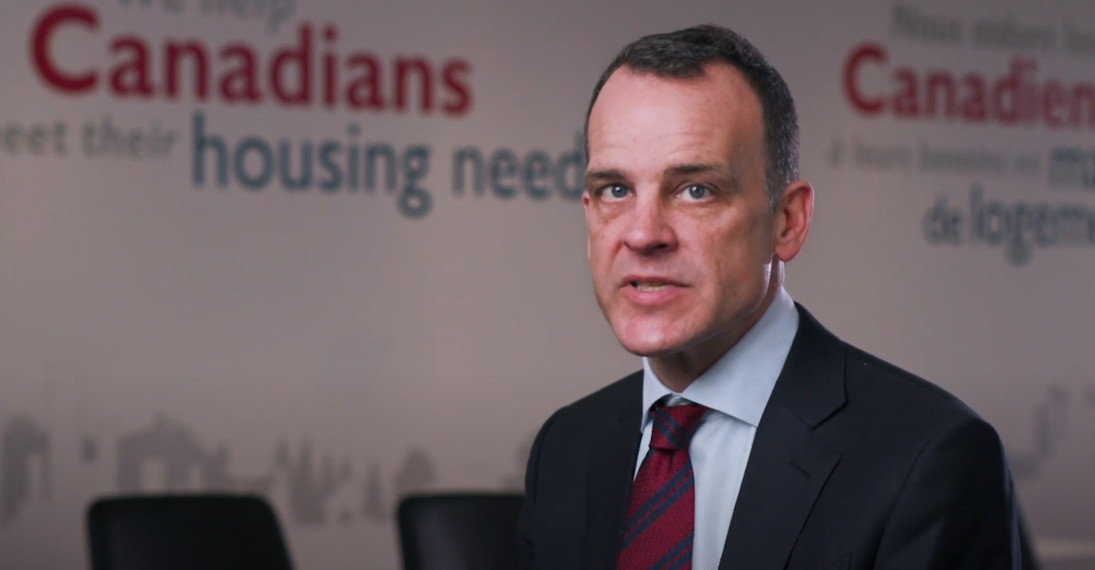Canada looking to increase minimum mortgage down payments from 5% to 10%

Canada is looking to stop its historic household debt soaring even higher due to the novel coronavirus crisis by requiring higher mortgage down payments, the country’s national housing agency said.
Evan Siddall, president and CEO of the Canada Mortgage and Housing Corporation (CMHC), warned the House of Commons Finance committee on Tuesday that Canada could see mortgage defaults reach $9 billion as a result of the COVID-19 pandemic[1]https://www.cmhc-schl.gc.ca/en/media-newsroom/speeches/2020/supporting-financial-stability-during-covid19-pandemic.
“We feel we need to avoid exposing young people (and through CMHC, Canadian taxpayers) to the amplified losses that result from falling house prices,” Siddall said. “Unless we act, a first time homebuyer purchasing a $300,000 home with a 5 per cent down payment stands to lose over $45,000 on their $15,000 investment if prices fall by 10 per cent. (Our calculations include the mortgage insurance premium and the costs of selling the home if forced to do so because of unemployment or any other reason.) In comparison, a 10 per cent down payment offers more of a cushion against possible losses.”
Sidall warned that mortgage deferrals are exacerbating already history levels of household debt.
“Canadians are among world leaders in household debt. Pre-COVID, the ratio of gross debt to GDP for Canada was at 99 per cent,” Sidall told the committee. “Due in part to increased borrowing but even more so to declines in GDP, we estimate it will increase to above 115 per cent in Q2 2020 and reach 130 per cent in Q3, before declining. These ratios are well in excess of the 80 per cent threshold above which the Bank for International Settlements has shown that national debt intensifies the drag on GDP growth.”
Siddall expects the debt multiples of disposable income to shoot up from 176 per cent in late 2019 to well over 200 per cent through 2021, even as CMHC a decline in average house prices of 9 – 18 per cent in the coming 12 months.
“The resulting combination of higher mortgage debt, declining house prices and increased unemployment is cause for concern for Canada’s longer-term financial stability,” Sidall said.
“A team is at work within CMHC to help manage a growing debt ‘deferral cliff’ that looms in the fall, when some unemployed people will need to start paying their mortgages again,” Sidall added. “As much as one fifth of all mortgages could be in arrears if our economy has not recovered sufficiently.”
Sidall said that the agency’s support for homeownership cannot be unlimited.
“Homeownership is like blood pressure: you can have too much of it. Housing demand is far easier to stimulate than supply and the result, as we’ve seen, is Economics 101: ever-increasing prices,” Sidall said. “So if housing affordability is our aim, as surely it must be, then there must be a limit to the demand we help to create, especially when supply isn’t keeping up.”
References
| 1. | ↑ | https://www.cmhc-schl.gc.ca/en/media-newsroom/speeches/2020/supporting-financial-stability-during-covid19-pandemic |



